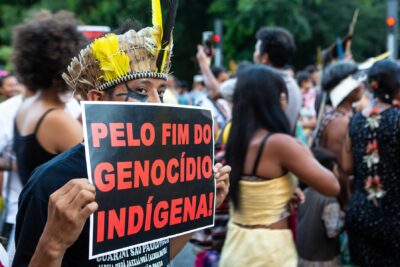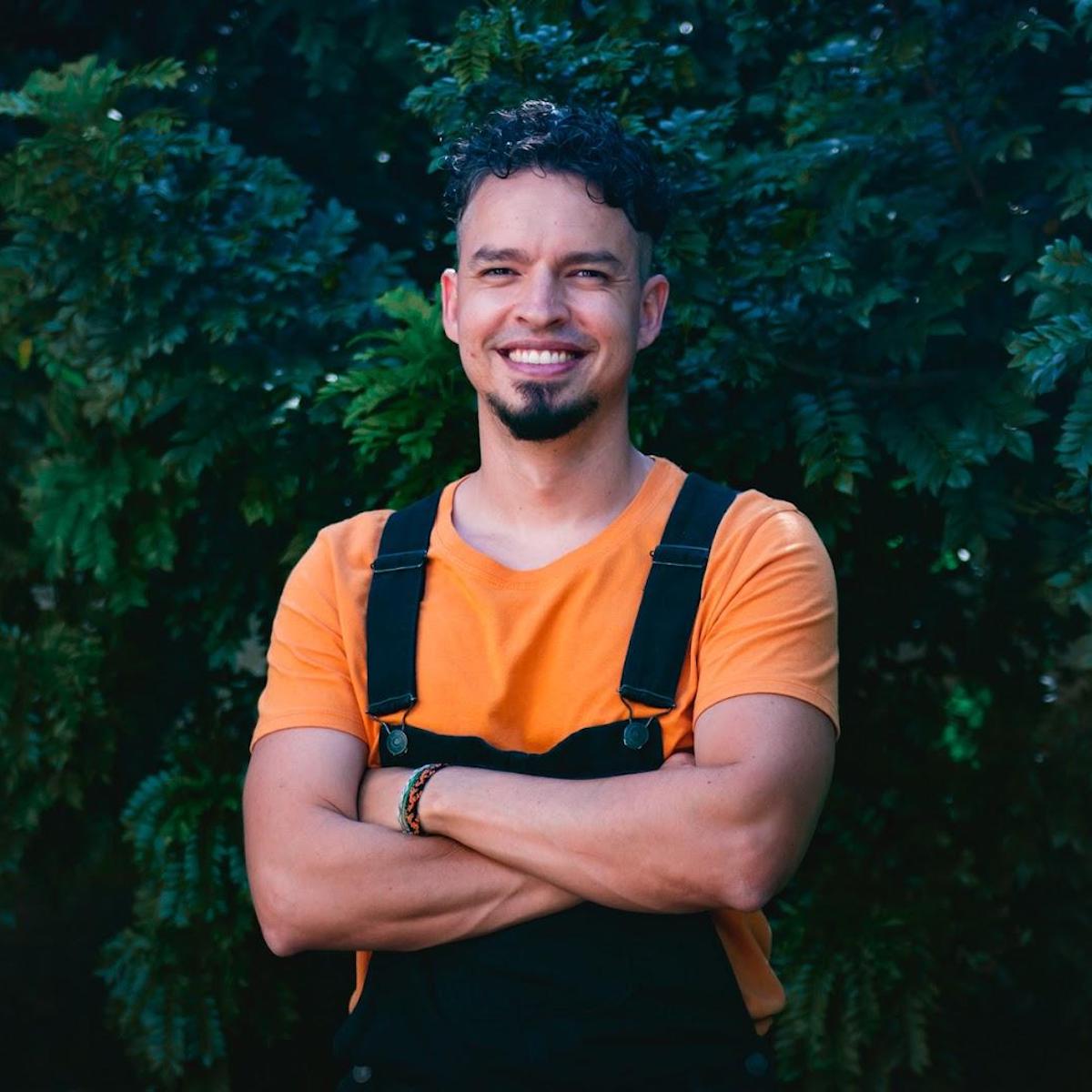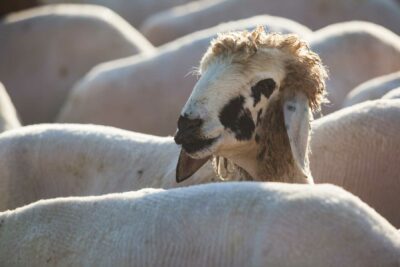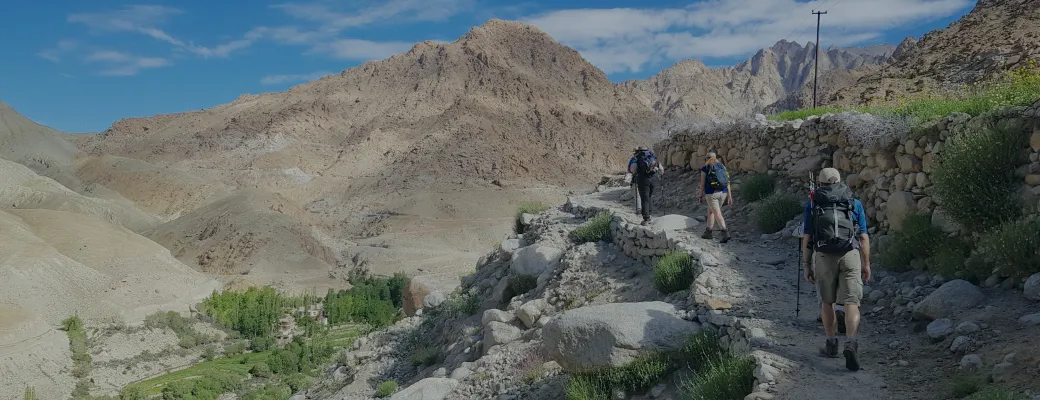A new Bill recently approved in the Brazilian lower house is a foreseen tragedy for Indigenous peoples, the environment, and animals.
Guest blog by Vitor Ávila
The history of Brazil is a history of land dispute. When the Portuguese arrived in 1500, they found the promise of wealth here, whether it be from logging, gold, or fertile soil. However, there was one obstacle: this land already had “owners.” At least three million Indigenous people were already living here, in a symbiotic relationship with nature. Brazil was not “discovered” at all; it was invaded, and the invaders were hungry to exploit everything that was here.
The division and distribution of land were some of the first steps toward conquest. Lower Portuguese nobles received immense territories and were entrusted with the task of making those spaces thrive (meaning: generate profit for the crown). Some were successful with sugarcane cultivation, others with the slave trade. In any case, with each new century, exploitation delved deeper into Brazil’s West, cornering Indigenous peoples and taking away their culture, identity, property, and lives.
Today, there are fewer than one million Indigenous people in Brazil (divided into more than 300 ethnic groups), and the bloodshed goes on. It is no longer the Portuguese who desire to take from these communities what is rightfully theirs; now, it is the infamous “rural caucus,” representing agribusiness interests. Composed of politicians, businessmen, and agribusiness investors, this group of people wishes to continue exploiting the land, pursuing more and more profit. But, just like at the beginning of colonization, the Indigenous people remain at the forefront of the battle. They are the true guardians of the forests. It is easy to understand this concept when comparing the map of deforested areas with the map of Indigenous reserves in Brazil.
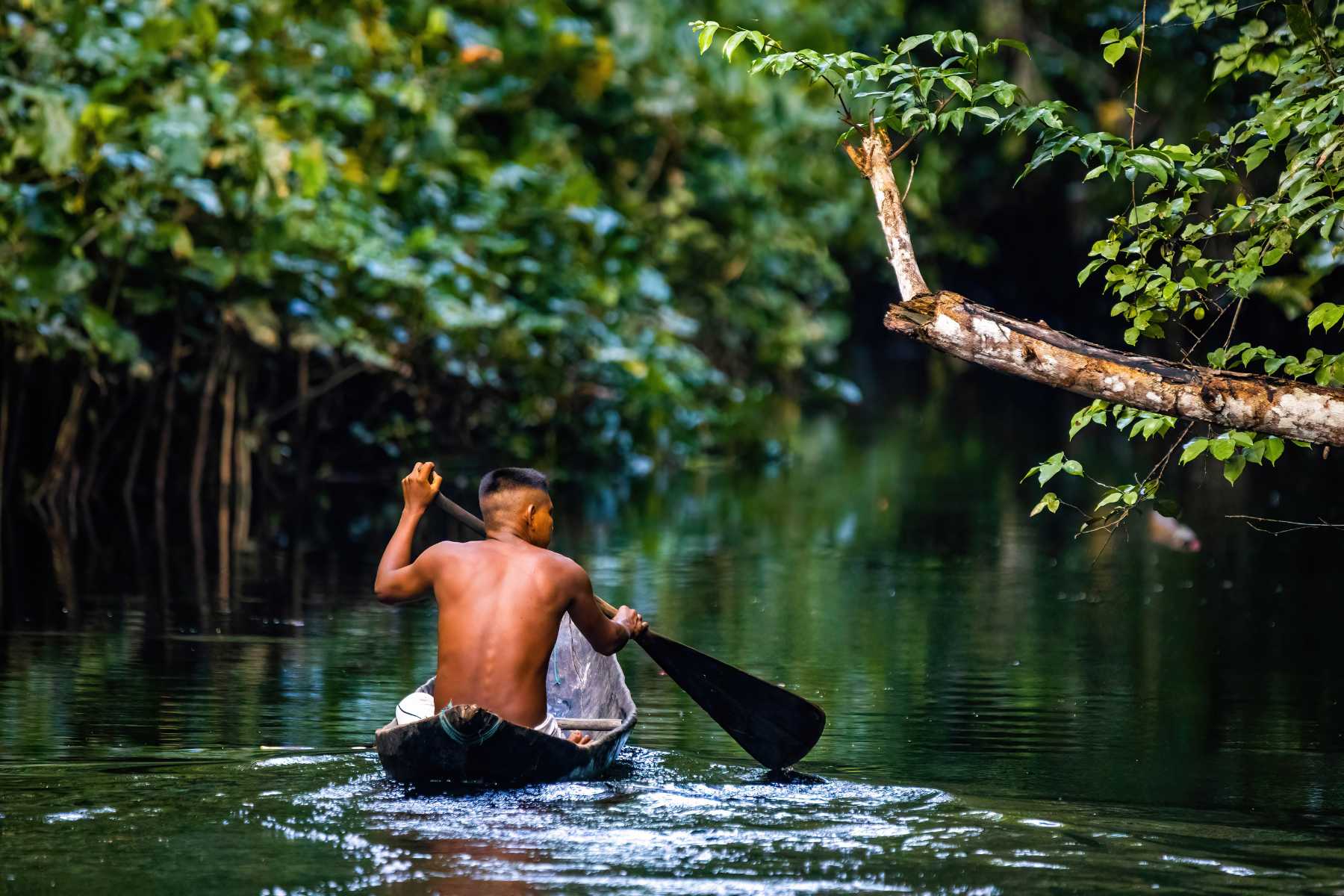
The Brazilian Congress currently has nearly 350 parliamentarians forming the so-called “rural caucus,” a group that heavily votes in favor of agendas benefiting agribusiness. This group is currently mobilized in an attempt to pass Bill 490 (now in the Senate under the name Bill 2903), which includes what is known as the “Marco Temporal” (Timeframe Thesis) as one of its main measures. In summary, this measure states that an Indigenous person must prove that their people have been on their land since October 5, 1988, the date of the Brazilian constitution’s ratification, in order to have their land guaranteed.
This Marco Temporal thesis is complete nonsense; it is an attempt to create a legal loophole to reduce the size of reserves and facilitate the exploitation of these areas by agribusiness, loggers, and gold miners. It is another blood-soaked page in a long history of nature exploitation and violence against Indigenous peoples.
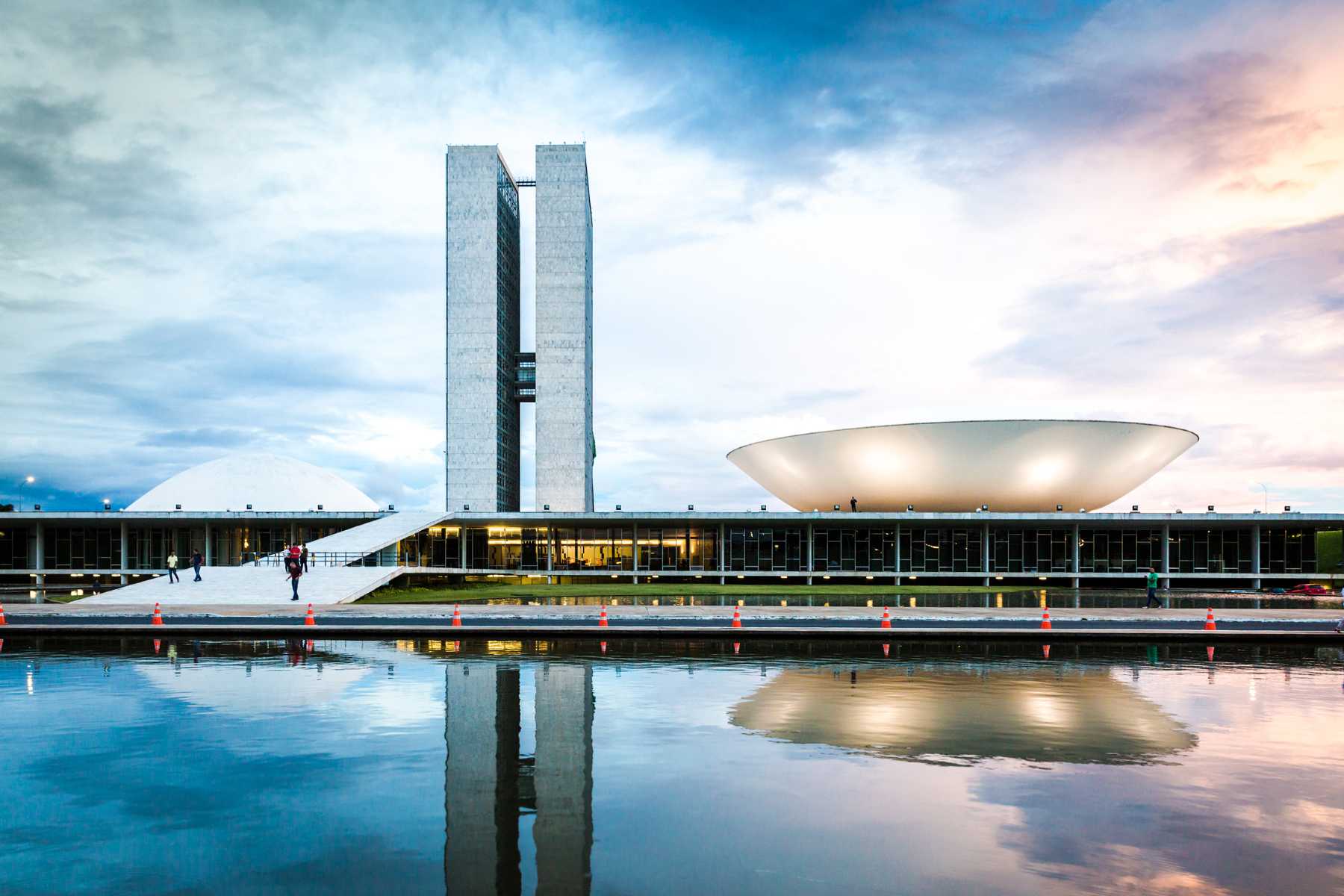
You might be wondering, “Okay, it’s good to know this, but what does all of this have to do with veganism?”
Well, everything. First of all, we, vegans, and Indigenous peoples have a common enemy: agribusiness. It is known that animal farming is the main cause of deforestation in the Amazon rainforest, whether for pasture expansion or for the planting of soybeans (among other grains) that will serve as feed for animals who are exploited by this industry. Soy and meat are part of the same network of animal exploitation, and it is this network that will profit the most if this bill is passed. The Marco Temporal would also be a disaster for wildlife, who suffer immensely, for example, when the forest is burned to facilitate pasture expansion.
Let’s not forget that Brazil is one of the biggest beef exporters in the world. Brazilian soy is also exported to feed animals all over the planet. This means that the animal agriculture industry all around the globe will profit from the attack on Indigenous rights in Brazil.
How can we help?
Therefore, it is crucial that we mobilize to prevent this nightmare from becoming a reality. We can contribute in several different ways by:
- participating in demonstrations, whether online or on the streets,
- spreading this information online,
- or following the work of APIB (The Articulation of Indigenous Peoples of Brazil) on social media and their website. They share information on the topic (including in English) and have it available on their website in a very accessible manner, so be sure to check it out.
An attack on Indigenous peoples is an attack on land, justice, and animals. We, as vegans, cannot remain silent in the face of such a grotesque attack. #MarcoTemporalNão!
References:
Povos indígenas brasileiros: quem eram, onde viviam e muito mais! – Estratégia Militares
Capitanias Hereditárias – Mundo Educação
Último censo do IBGE registrou quase 900 mil indígenas no país; dados serão atualizados em 2022 – Ministério dos Povos Indígenas
Brasil registra 274 línguas indígenas diferentes faladas por 305 etnias – Ministério dos Povos Indígenas
ONU: povos indígenas são os melhores guardiões das florestas – Veja
Demarcação de terras indígenas reduziu o desmatamento na Amazônia, diz estudo – Globo
PL compõe 1/4 da bancada ruralista na Câmara, que chega a 300 deputados – De Olho nos Ruralistas – Observatório do Agronegócio no Brasil
Quase metade das onças-pintadas tiveram habitat afetado pelas queimadas no Pantanal, aponta estudo – Globo
PL 490, não! Assine petições e pressione deputados contra projeto que inviabiliza demarcações e libera garimpo em terras indígenas – Conexão Planeta
A ARTICULAÇÃO DOS POVOS INDÍGENAS DO BRASIL (APIB)
Povos indígenas promovem mobilizações contra o marco temporal em todo o Brasil – APIB
